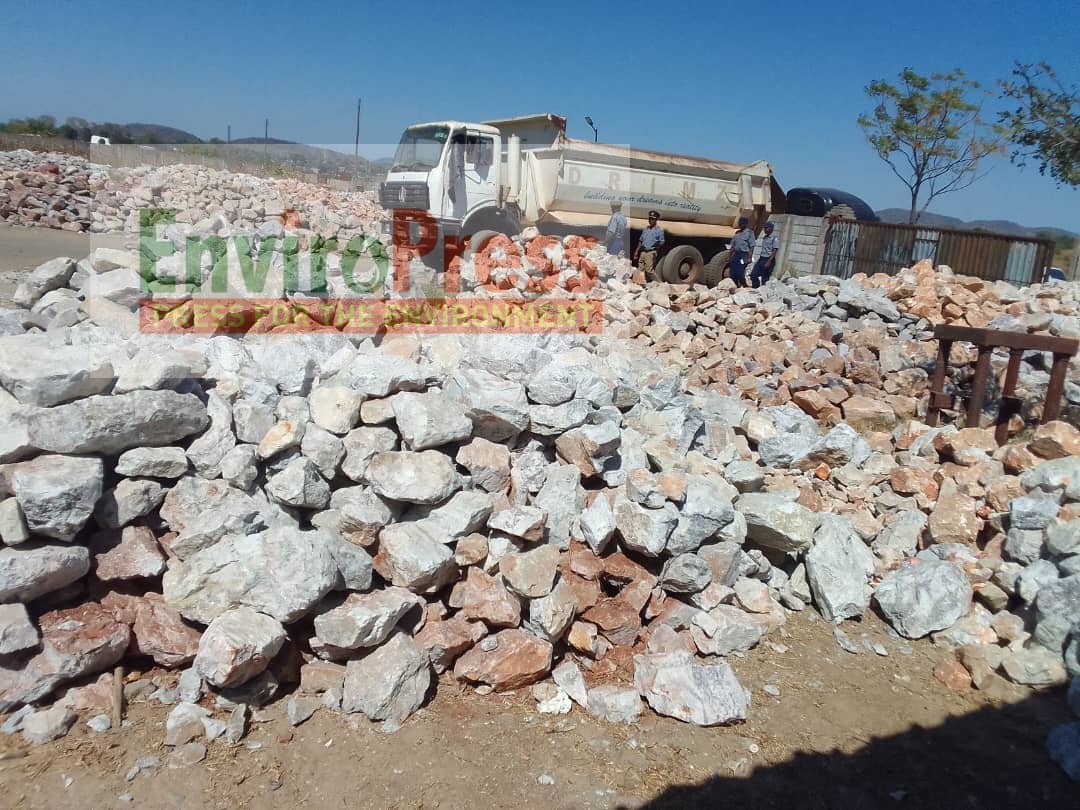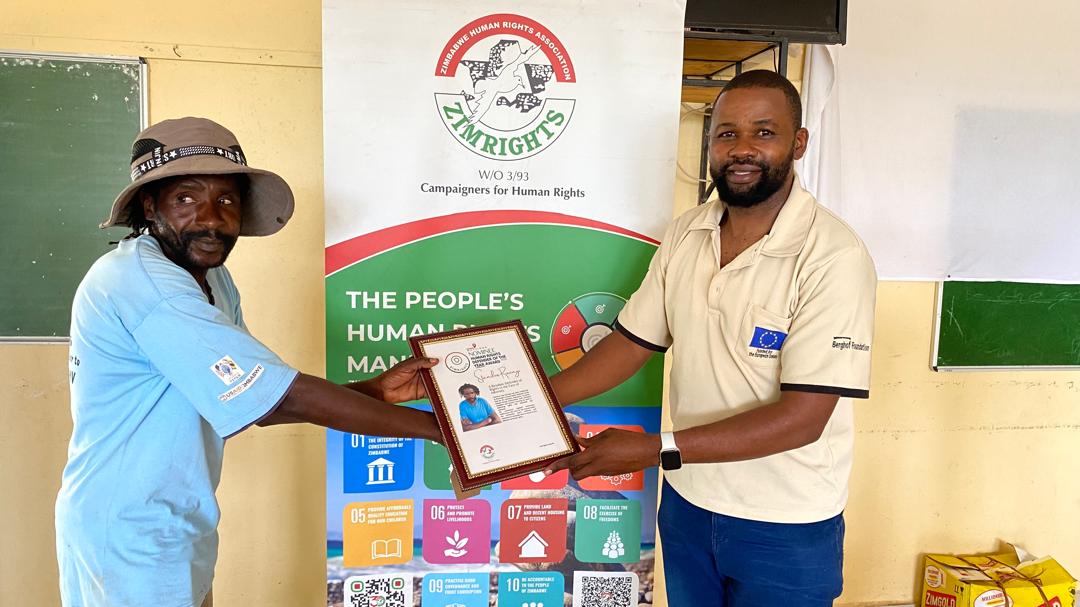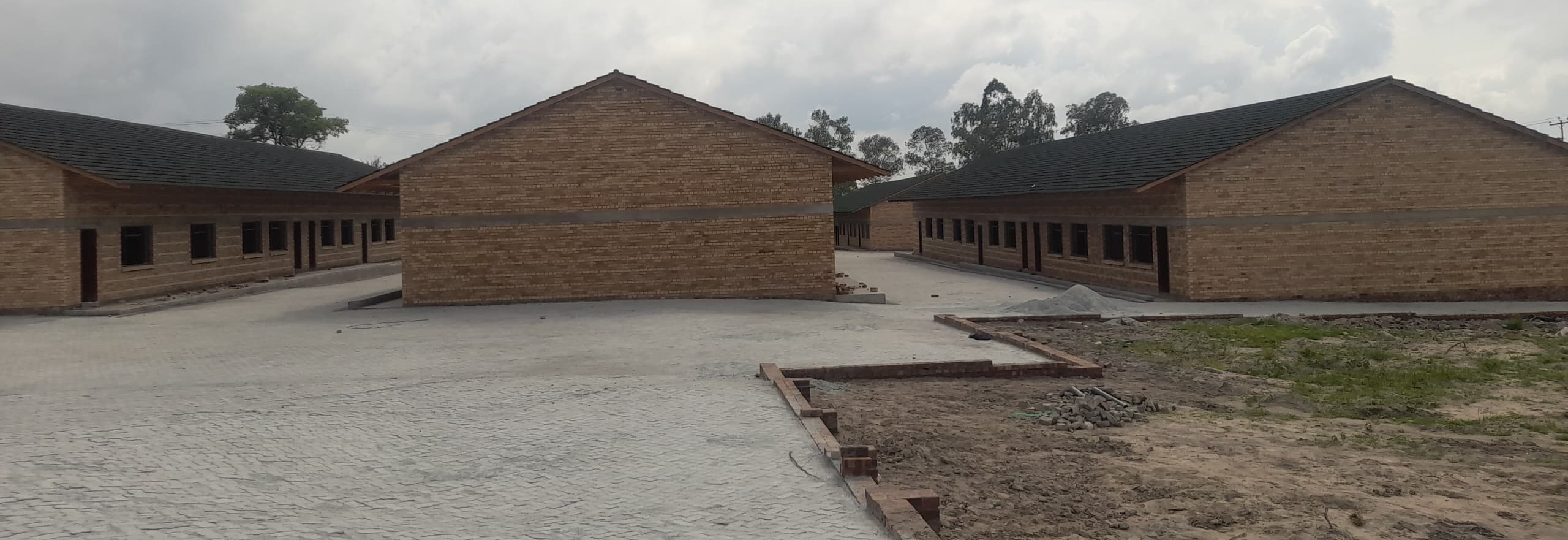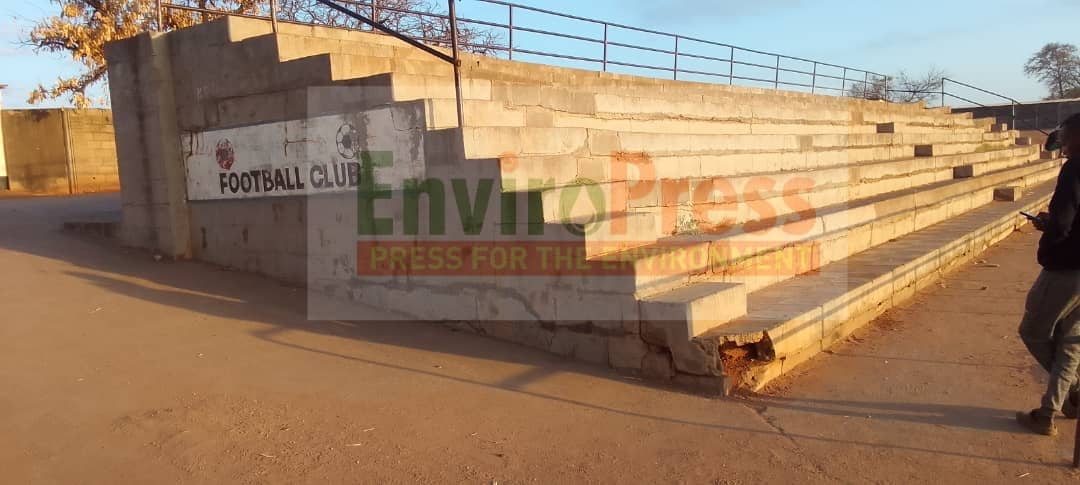…is the Just Energy Transition in Zimbabwe really just?
Yeukai Munetsi
At the COP29 High-Level Round-Table on Energy which was held in Baku, Azerbaijan, President Emmerson Mnangagwa said Zimbabwe was committed to contributing to a fair and impartial global green economy, but it appears that this fairness will not extend to grassroots mining communities at least in the short to medium term.
“Zimbabwe and the Southern Africa region in general, is a resource-rich country with reserves of lithium, platinum group metals, graphite and copper among other minerals. These align closely with Zimbabwe’s national vision and development priorities, which seek to realise a prosperous and inclusive society leaving no one and no place behind. Together, we can ensure that the wealth of our critical minerals drives prosperity for all, advancing an energy transition that is just, inclusive and sustainable,” Mnangagwa said.
Zimbabwe is home the largest known lithium reserves in Africa, and these are contributing to the attainment global carbon reduction obligations specified in the Paris Agreement which was reached back in 2015.
As the world wrestles with climate change, there continues to be an influx of Western and Eastern investments in the lithium sector. Lithium is an essential component in the manufacture of electric vehicle batteries.
Foreign investments in Zimbabwe’s lithium sector are meant to strategically position these countries in the transition from carbon fuels to such cleaner forms of energy as solar. It has been emphasised that this transition should not come at any cost, but should be planned and orderly such that people do not suffer rapid disruption to their livelihoods and general wellbeing.
However, there are widespread reports of the fundamental rights of people in Zimbabwean mining communities being wantonly violated, leading to questions on whether the quest for the Just Energy Transition is really just or not.
There is evidence of cycles of human rights violations related to the extraction of critical minerals including lithium in Zimbabwe.
In a statement at the 79th Ordinary Session of the African Commission on Human and Peoples Rights, the Zimbabwe Environmental Law Association (ZELA) highlighted that homes were removed to pave way for lithium mining in Buhera.
Similarly, 33 families in Insiza district were on the verge of being displaced to pave way for an investment by African Premier Minerals.
“ZELA has documented human rights violations occurring in Zimbabwe in the context of extraction of energy or critical minerals. For instance, 40 houses were displaced to pave way for lithium mining by Max Minds Investments in Buhera. These communities today continue to suffer because of loss of their land, livelihoods and continue to live under degrading conditions.
“Furthermore, 33 other families in Insiza are on the verge of being displaced by African Premier Minerals to pave way for lithium mining. Many other communities have been victims of displacement for purposes of mineral exploitation of critical minerals.
Cases in point are; violations perpetrated by Bikita Minerals in which it has polluted Matezva Dam in Gutu. Communities in areas like Shurugwi, Zvishavane, Mberengwa, Goromonzi and Gwanda are facing similar concerns from lithium mining.”
Communities in Mahamara, Lalapanzi, Savannah, Shurugwi, Zvishavane, Mberengwa, Goromonzi and Gwanda have not been spared in the scramble for mineral resources.
One Lalapanzi resident said that the scramble for minerals in Chirumhanzu district covering Lalapanzi, Chivhu, Savannah and Manhize has caused more harm than good in the communities.
“The investors are prospecting on the great dyke and in doing so, our vegetation, sources of livelihoods, water sources and even animals have been affected. The land in no longer fit for agriculture or any developmental activity,” said the villager who preferred to remain anonymous.
Central to these violations and displacements are the rights of women and children whereby the scramble for minerals create more inequalities and less just societies. In Bikita district, some water sources that women depended on for agriculture water are no longer available to them.
“We thought the coming in of investors would promote a just and equal society where community members benefit extensively from Corporate Social Responsibility but there are several manifestations of inequality whereby community members, due to widespread poverty, are used only as cheap sources of labour.
“Our children travel longer distances to school because their usual roads have become terrains of open pits and large rocks. We now have many mixed race children, but their fathers are nowhere to be found,” said one community who also preferred anonymity.
Bikita Residents and Ratepayers Association Secretary General Brilliant Mukaro said with specific regards to women and children’s rights, lithium mining in the district had done more harm than good.
“The industry is male-dominated, and this buttresses existing inequalities whereby the most that women get out of it are more vending opportunities and sex work, and this has a devastating impact on families and the welfare of children,” said Mukaro.
Other critics have said there has been minimal economic growth and benefits that have accrued to resource-rich mining communities which currently are sources of cheap labour.
This project was made possible through a partnership with the Southern Africa Trust. The views expressed herein do not necessarily represent that of the Trust or its associates. www.southernafricatrust.org







